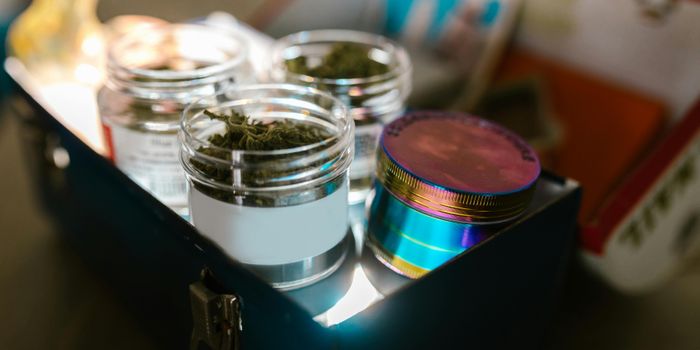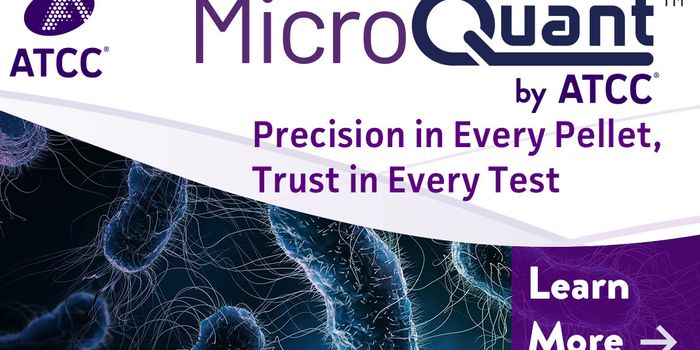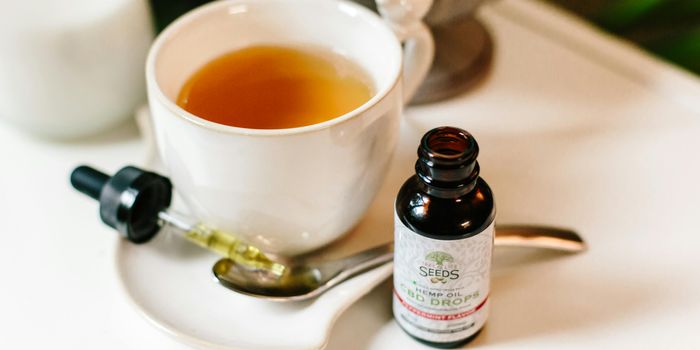Psychedelic Medicine Reduces Inflammation from Asthma
Aside from mental health applications, psychedelics are also known for their antiinflammatory effects. And now, a company called Eleusis has received data from a preclinical study that may pave the way for psychedelic medicines to treat antiinflammatory conditions.
The company's researchers investigated 21 psychedelic compounds known to target the serotonin receptor 5-HT2A. Previous research conducted on mice showed that activation of this receptor has an antiinflammatory effect on tissues of the blood vessels and gut. In particular, it was shown to reduce inflammation in asthma patients.
Aware of their antiinflammatory potential, the researchers wanted to find a psychedelic that would not have the behavioral effects of most psychedelics. As such, they looked at how each of the drugs behaved in rats with allergic asthma. Although all drugs activated the 5-HT2A receptor, they differed in the ability to prevent airway constriction. Surprisingly, the researchers noted that LSD was ineffective.
They did, however, find that one class of psychedelics called 2,5-dimethoxyphenethylamine (2C-H) was able to reduce inflammation without the behavioral effects of LSD or other psychedelics, despite its close relationship to mescaline and amphetamines.
"One main takeaway was that the potency of a given psychedelic wasn't predicted by its psychoactive properties," says Nichols said. "LSD, which is a super-potent psychedelic that produces behavioral effects at very low doses, is a relatively weak antiinflammatory. So the cellular effects that mediate antiinflammatory responses are very different from those that are underlying the behavioral effects."
The researchers will use their new insights to develop antiinflammatory drugs that can be delivered via the eye- a delivery method that further minimizes the risk of mental side effects. They say that their results will also inform the development of new chemical entities capable of treating other diseases, including rheumatoid arthritis.
Sources: Fierce Biotech, Science Direct









